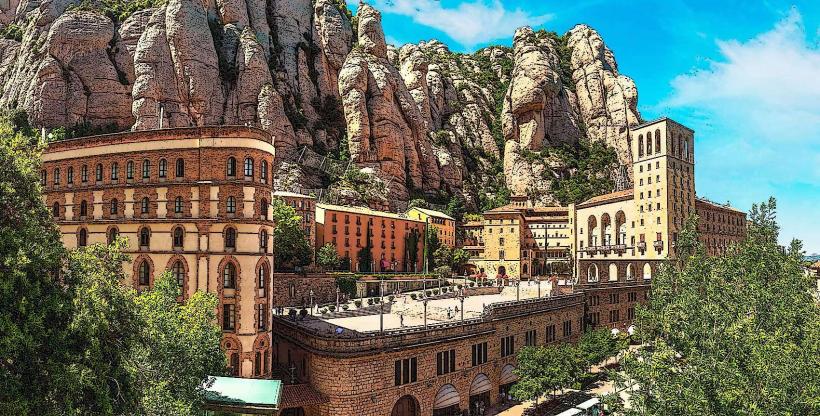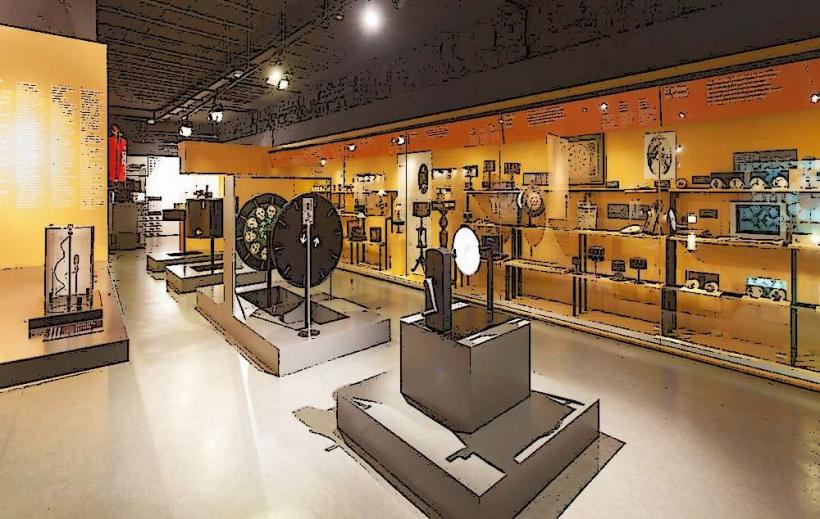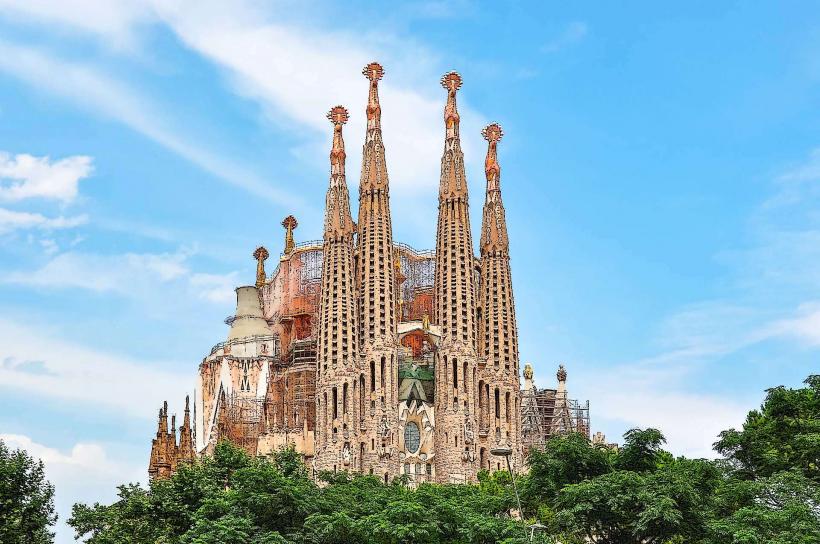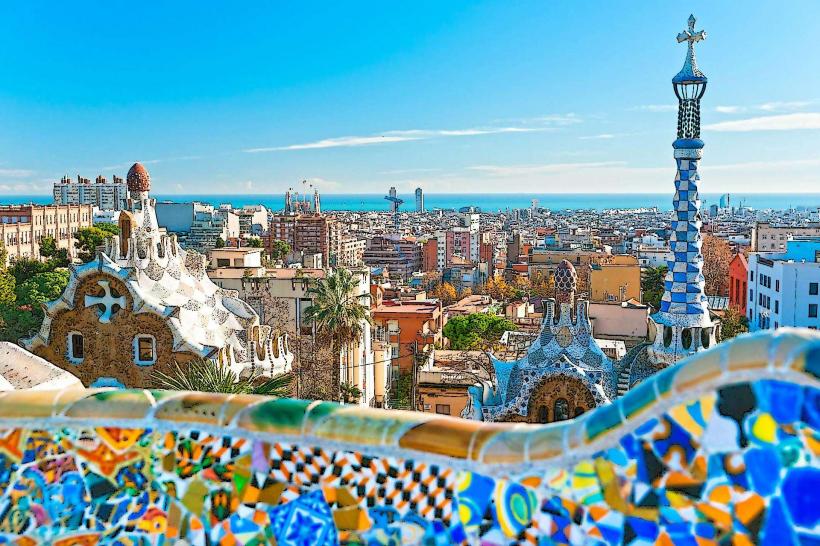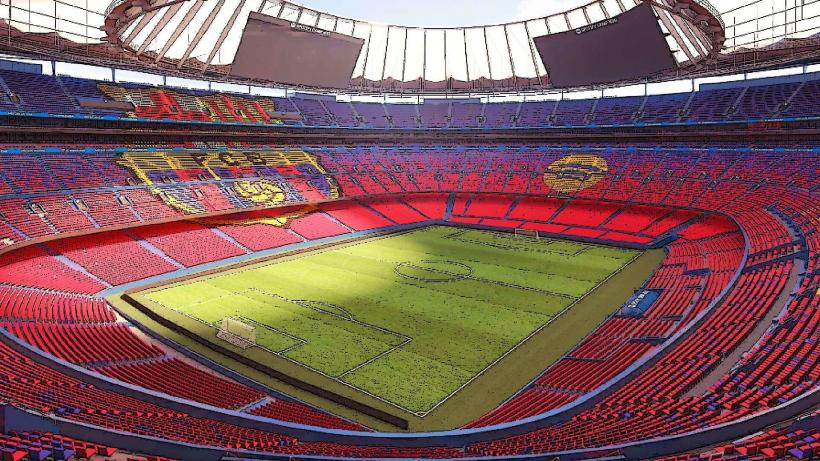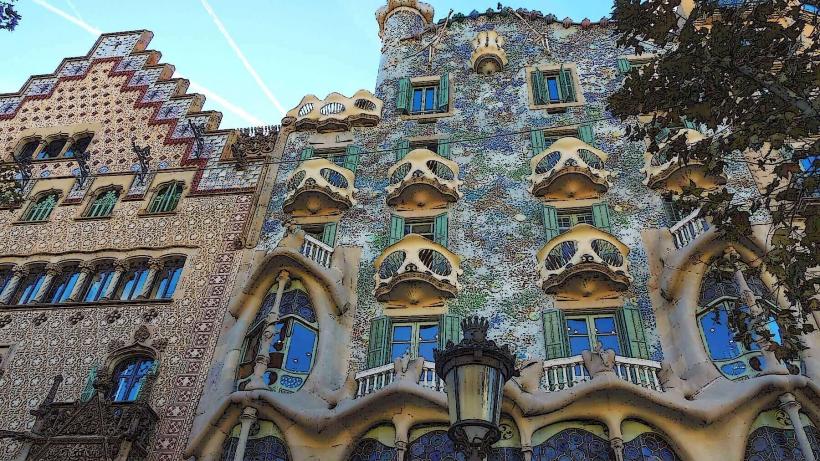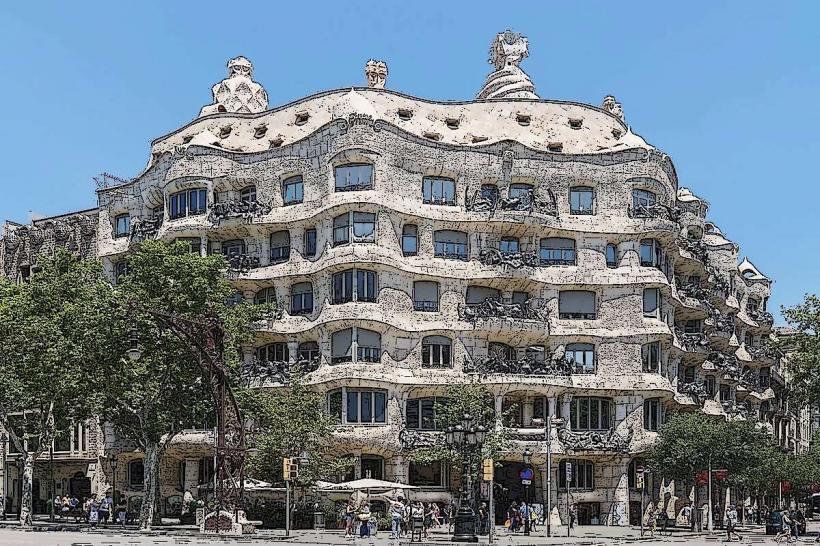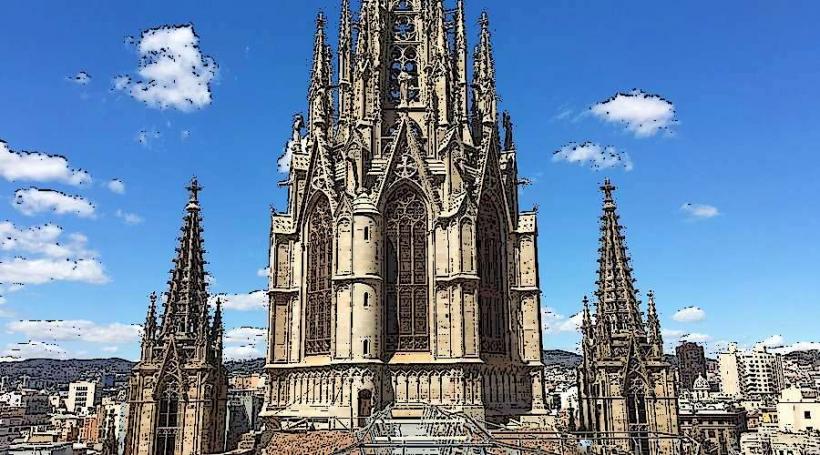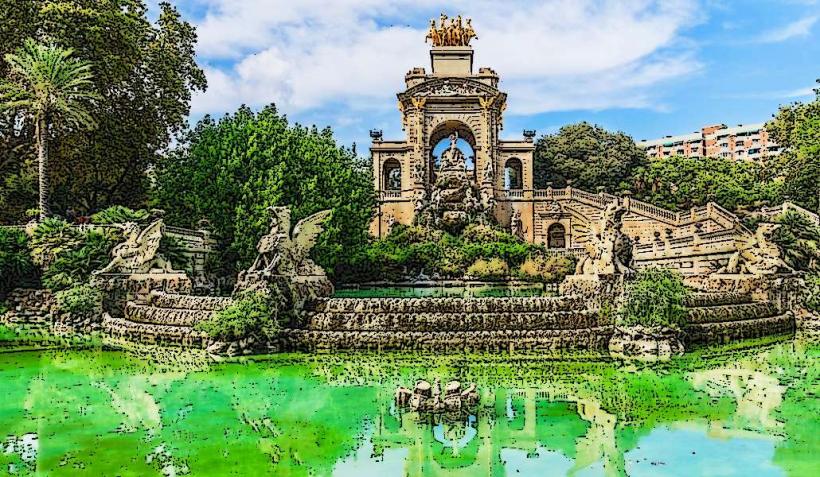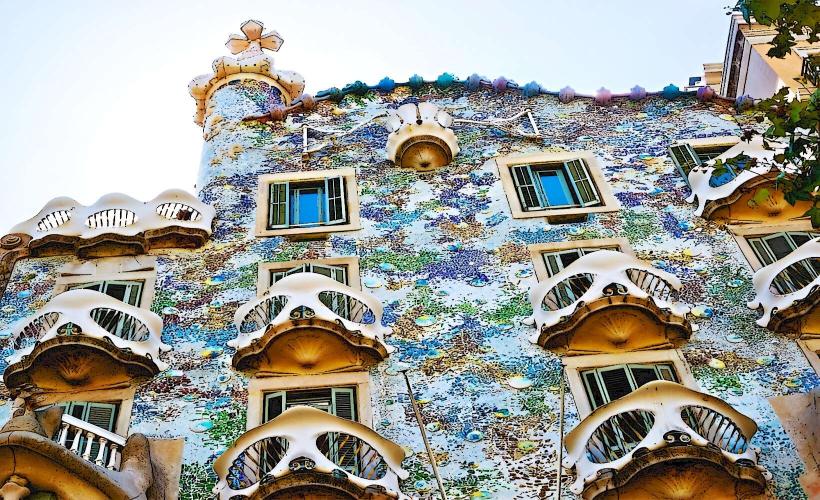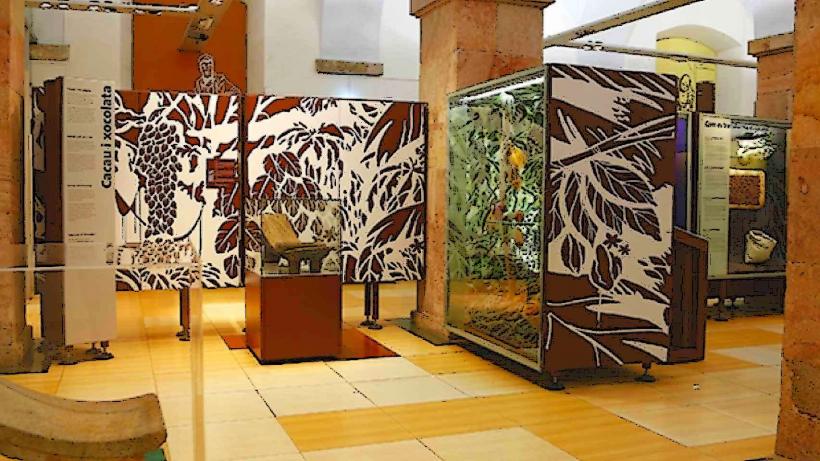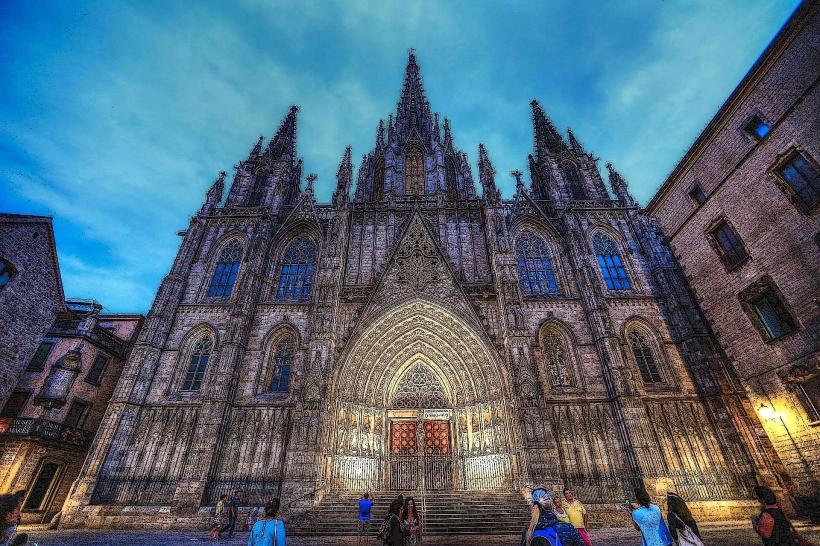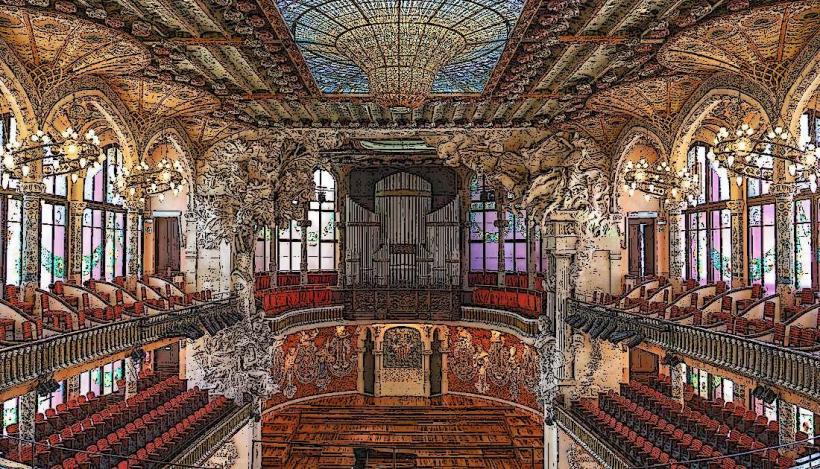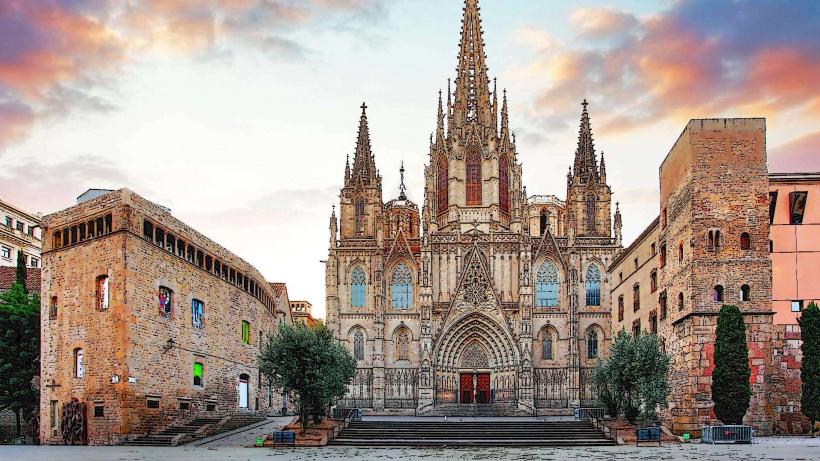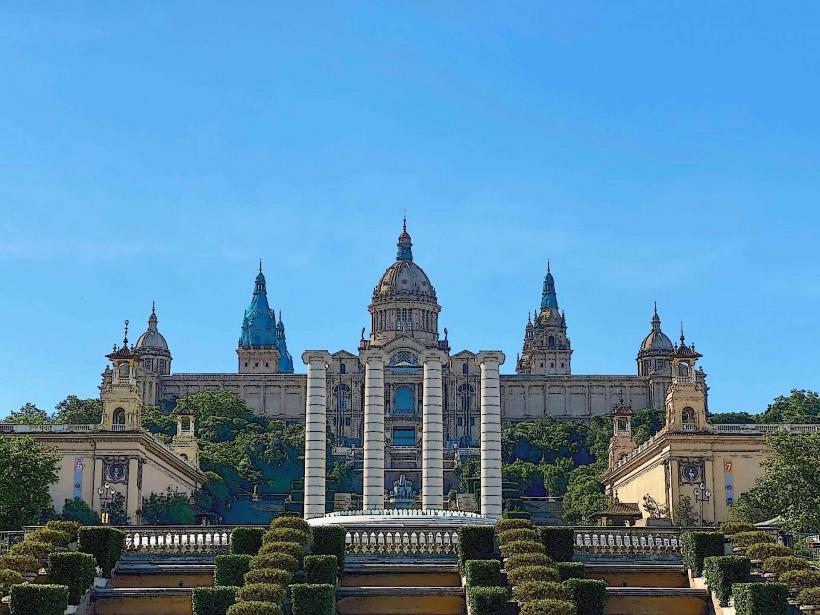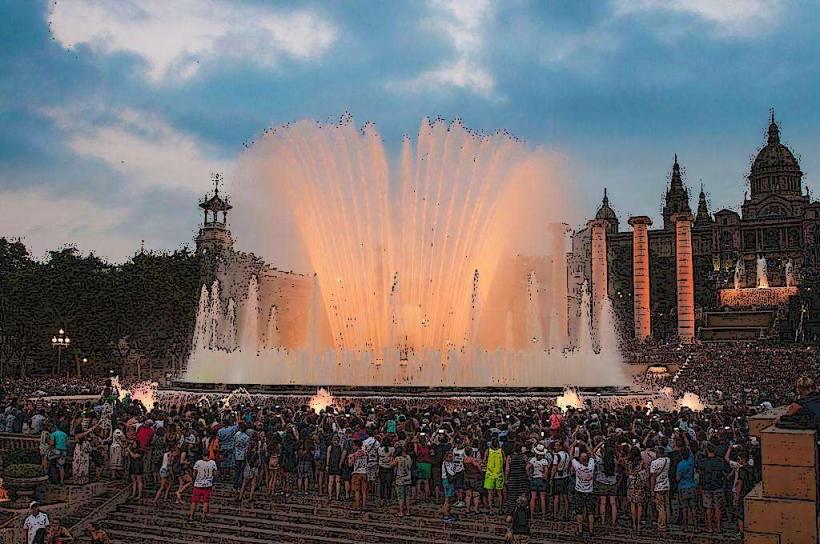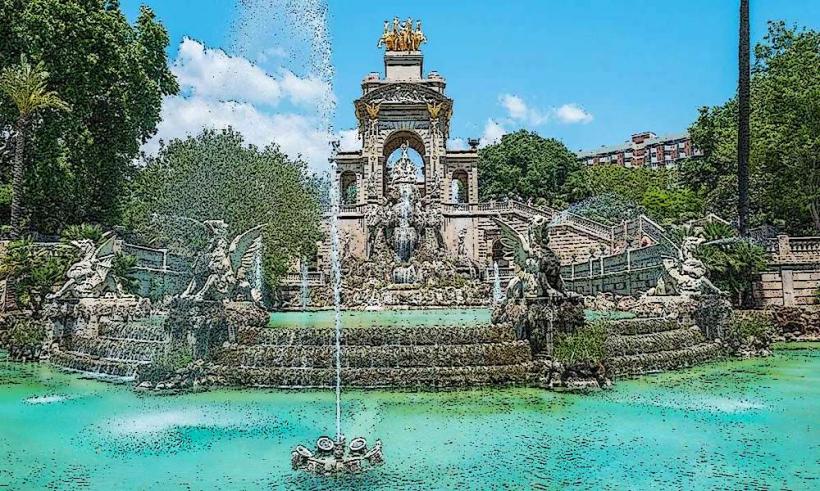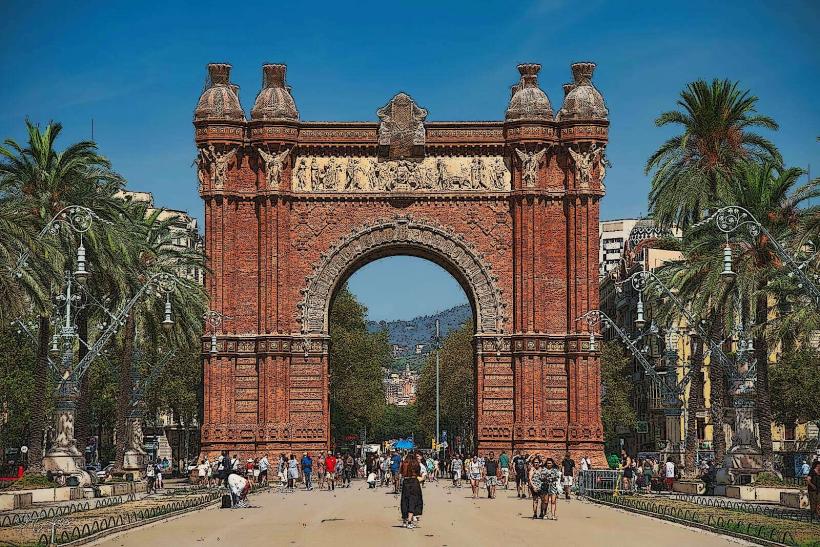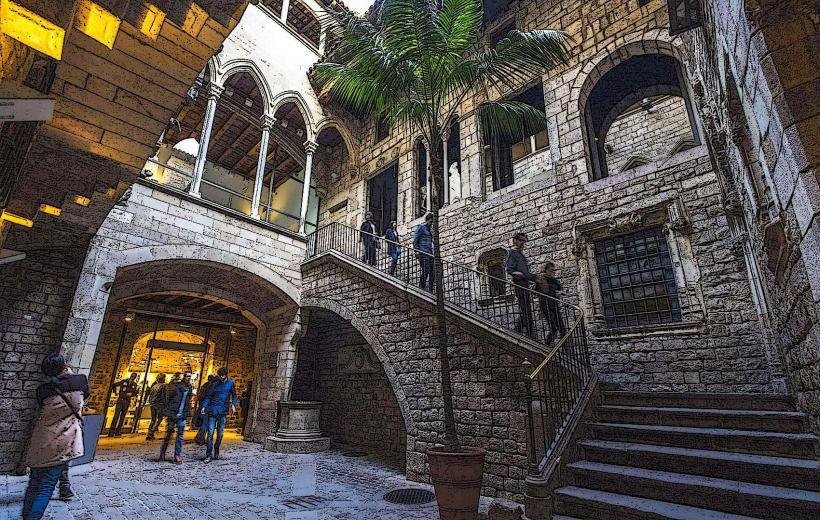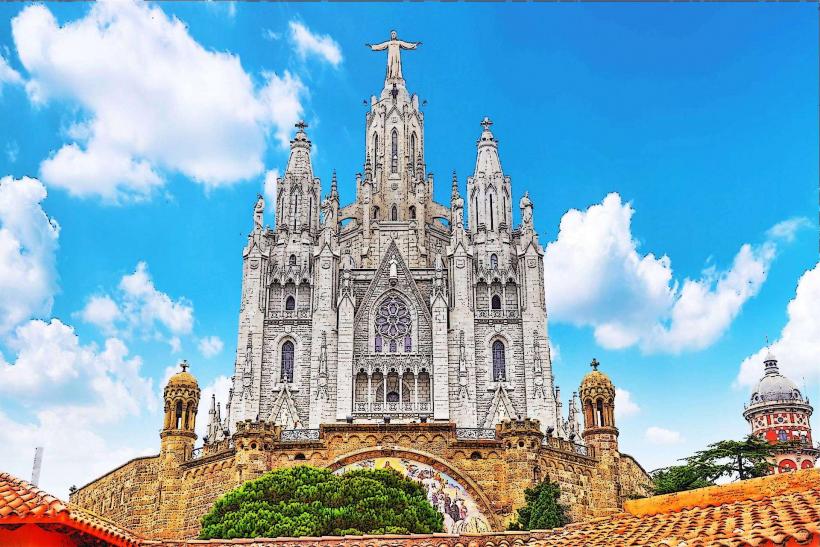Information
Landmark: La RamblaCity: Barcelona
Country: Spain
Continent: Europe
La Rambla, Barcelona, Spain, Europe
La Rambla is a 1.2-kilometer pedestrian boulevard in central Barcelona, connecting Plaça de Catalunya to the Christopher Columbus Monument at Port Vell. It serves as the boundary between the Gothic Quarter and El Raval.
Visual & Structural Characteristics
The street is a central pedestrian promenade flanked by narrow one-way roads. It is characterized by rows of plane trees, flower stalls, and outdoor cafe terraces. The pavement features a distinctive wave-patterned tiling.
Sections: Historically, it consists of five "ramblas" (Canaletes, Estudis, Sant Josep, Caputxins, and Santa Mònica), each with specific features.
Joan Miró Mosaic: A large, circular pavement mosaic by the artist, located at the Pla de l'Os.
Location & Logistics
Northern Terminus: Plaça de Catalunya.
Southern Terminus: Monument a Colom (Columbus Monument).
Transport: * Metro: L3 (Green line) has three stops along the route: Catalunya, Liceu, and Drassanes.
Walking: Fully pedestrianized central section.
Safety: High density of visitors; significant caution regarding pickpockets is mandatory.
Key Highlights & Landmarks
Mercat de la Boqueria: The city's most famous fresh food market, located near the Liceu metro station.
Gran Teatre del Liceu: Barcelona's historic opera house.
Plaça Reial: A 19th-century square known for its streetlamps (Gaudí's first commission) and nightlife, located just off the boulevard.
Font de Canaletes: A fountain at the top of the street; legend states those who drink from it will return to Barcelona.
Infrastructure & Amenities
Hours: Accessible 24/7. Boqueria Market is typically open Monday–Saturday, 08:00 – 20:30.
Connectivity: 5G/4G coverage is excellent throughout the area.
Dining: Numerous restaurants, though prices are generally higher than in adjacent neighborhoods.
Best Time to Visit
Early morning for a quieter experience or late evening for the local atmosphere. Avoid peak afternoon hours (12:00 – 17:00) during summer months due to extreme foot traffic density.
Nearby Landmarks
Barcelona Cathedral: 500 m East.
Palau Güell: 100 m West (off the southern section).
MACBA (Contemporary Art Museum): 600 m West.
Plaça de Sant Jaume: 600 m East.

